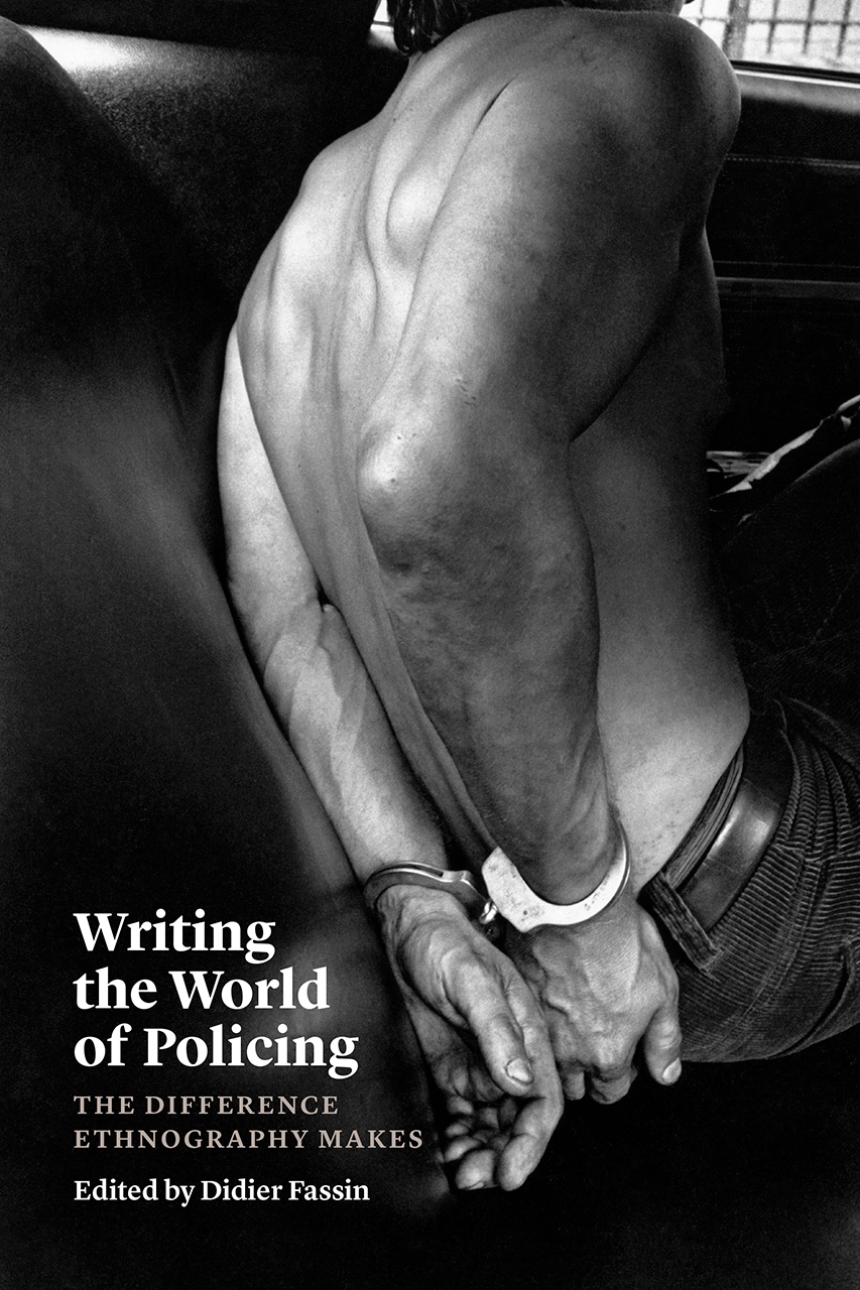Writing the World of Policing
The Difference Ethnography Makes
9780226497648
9780226497501
9780226497785
Writing the World of Policing
The Difference Ethnography Makes
As policing has recently become a major topic of public debate, it was also a growing area of ethnographic research. Writing the World of Policing brings together an international roster of scholars who have conducted fieldwork studies of law enforcement in disadvantaged urban neighborhoods on five continents. How, they ask, can ethnography illuminate the role of the police in society? Are there important aspects of policing that are not captured through interviews and statistics? And how can the study of law enforcement shed light on the practice of ethnography? What might studying policing teach us about the epistemological and ethical challenges of participant observation? Beyond these questions of crucial interest for criminology and, more generally, the social sciences, Writing the World of Policing provides a timely discussion of one of the most problematic institutions in contemporary society.
320 pages | 6 x 9 | © 2017
Anthropology: Cultural and Social Anthropology
Law and Legal Studies: Law and Society
Political Science: Urban Politics
Sociology: Criminology, Delinquency, Social Control
Reviews
Table of Contents
Introduction: Ethnographying the Police
Didier Fassin
Part I: Position
One Accountability: Ethnographic Engagement and the Ethics of the Police (United States)
Steve Herbert
Two Complicity: Becoming the Police (South Africa)
Julia Hornberger
Three Intimacy: Personal Policing, Ethnographic Kinship, and Critical Empathy (India)
Beatrice Jauregui
Four Affect: The Virtual Force of Policing (Taiwan)
Jeffrey T. Martin
Part II: Observation
Five Predicament: Interpreting Police Violence (Mozambique)
Helene Maria Kyed
Six Morality: Understanding Police Training on Human Rights (Turkey)
Elif Babül
Seven Experience: Being Policed as a Condition of Life (Chile)
Clara Han
Eight Aspiration: Hoping for a Public Policing (Bolivia)
Daniel M. Goldstein
Part III: Description
Nine Sense and Sensibility: Crafting Tales about the Police (Thailand)
Duncan McCargo
Ten Detention: Police Discretion Revisited (Portugal)
Susana Durão
Eleven Alibi: The Extralegal Force Embedded in the Law (United States)
Laurence Ralph
Twelve Boredom: Accounting for the Ordinary in the Work of Policing (France)
Didier Fassin
Index
Didier Fassin
Part I: Position
One Accountability: Ethnographic Engagement and the Ethics of the Police (United States)
Steve Herbert
Two Complicity: Becoming the Police (South Africa)
Julia Hornberger
Three Intimacy: Personal Policing, Ethnographic Kinship, and Critical Empathy (India)
Beatrice Jauregui
Four Affect: The Virtual Force of Policing (Taiwan)
Jeffrey T. Martin
Part II: Observation
Five Predicament: Interpreting Police Violence (Mozambique)
Helene Maria Kyed
Six Morality: Understanding Police Training on Human Rights (Turkey)
Elif Babül
Seven Experience: Being Policed as a Condition of Life (Chile)
Clara Han
Eight Aspiration: Hoping for a Public Policing (Bolivia)
Daniel M. Goldstein
Part III: Description
Nine Sense and Sensibility: Crafting Tales about the Police (Thailand)
Duncan McCargo
Ten Detention: Police Discretion Revisited (Portugal)
Susana Durão
Eleven Alibi: The Extralegal Force Embedded in the Law (United States)
Laurence Ralph
Twelve Boredom: Accounting for the Ordinary in the Work of Policing (France)
Didier Fassin
Index
